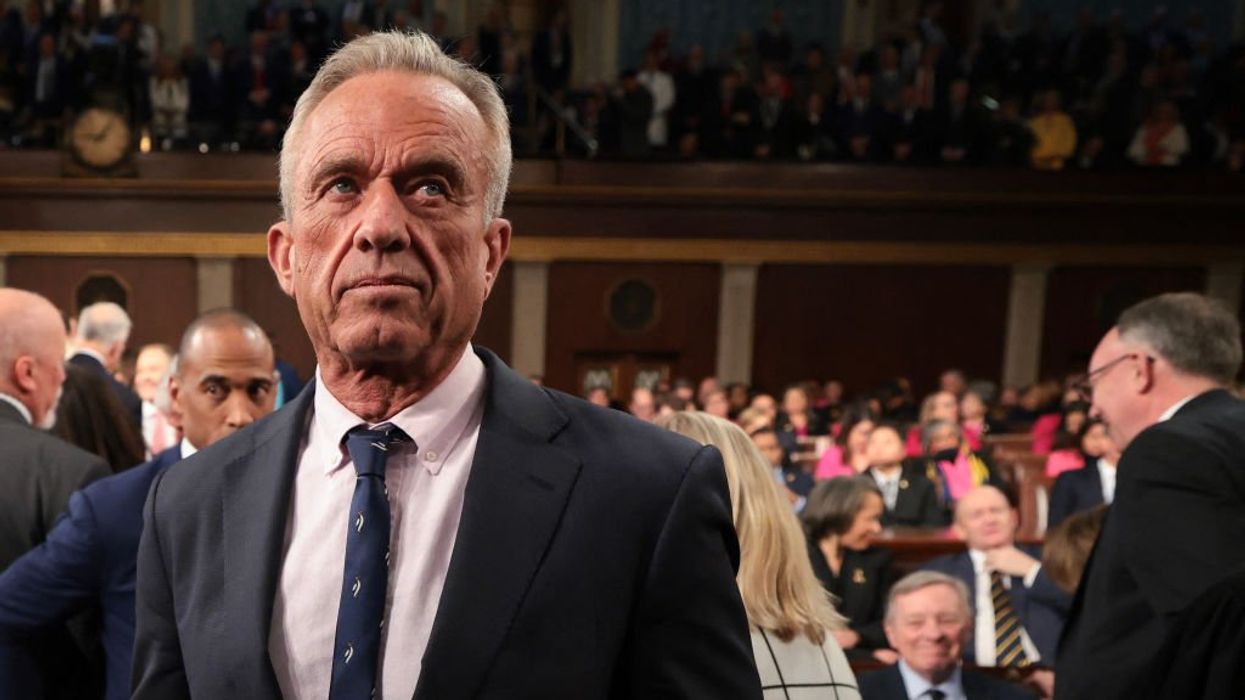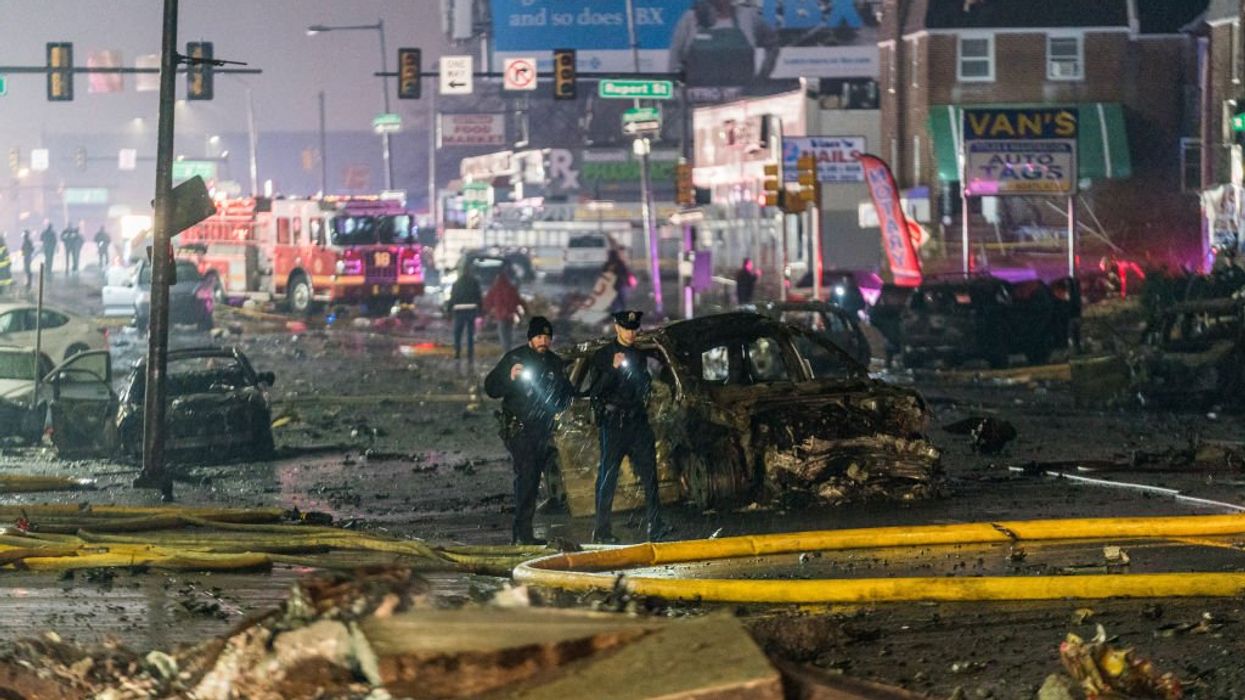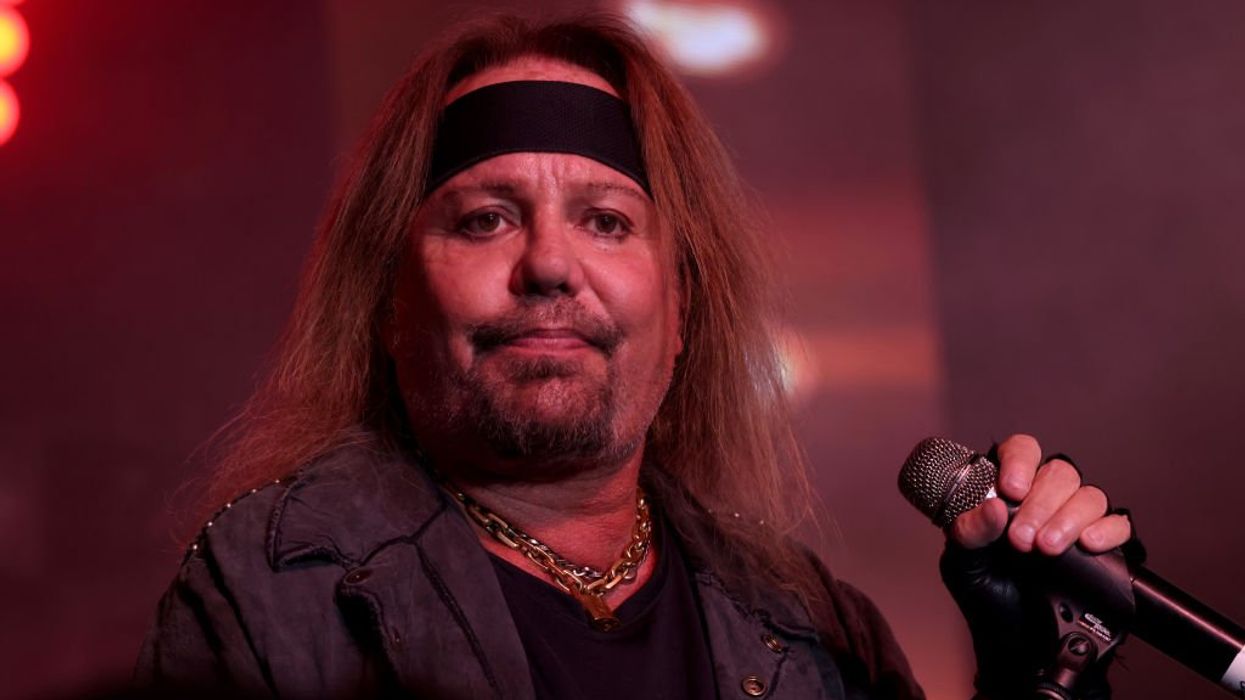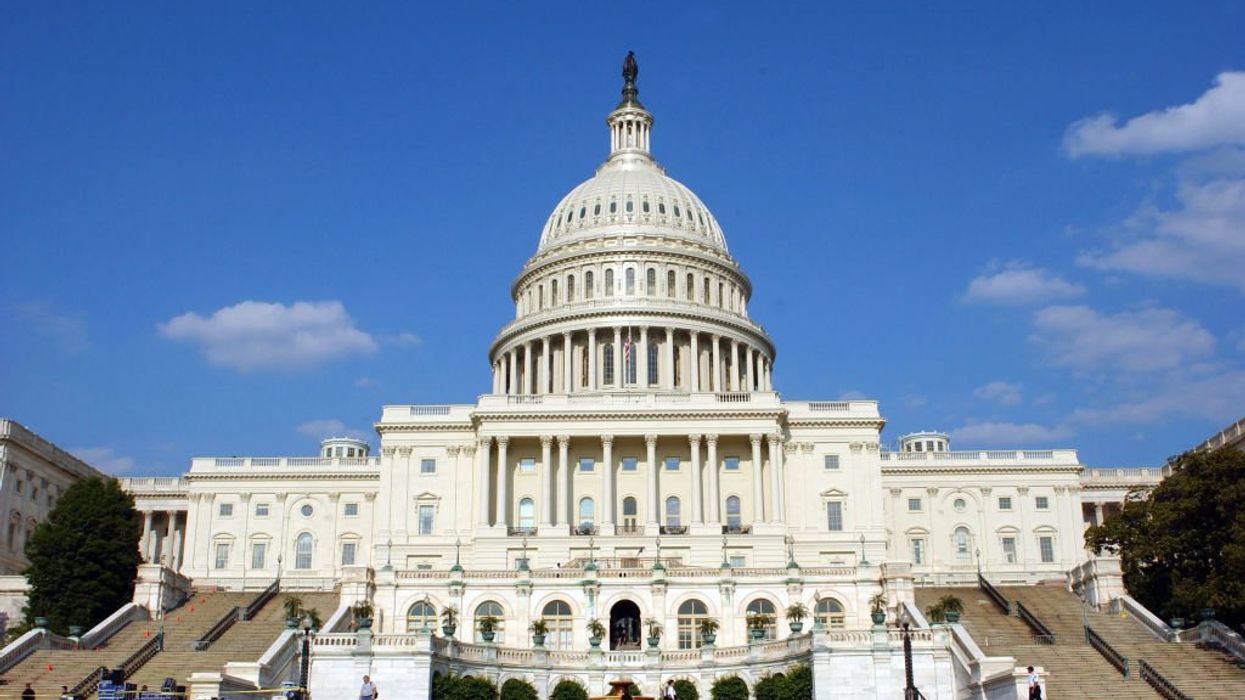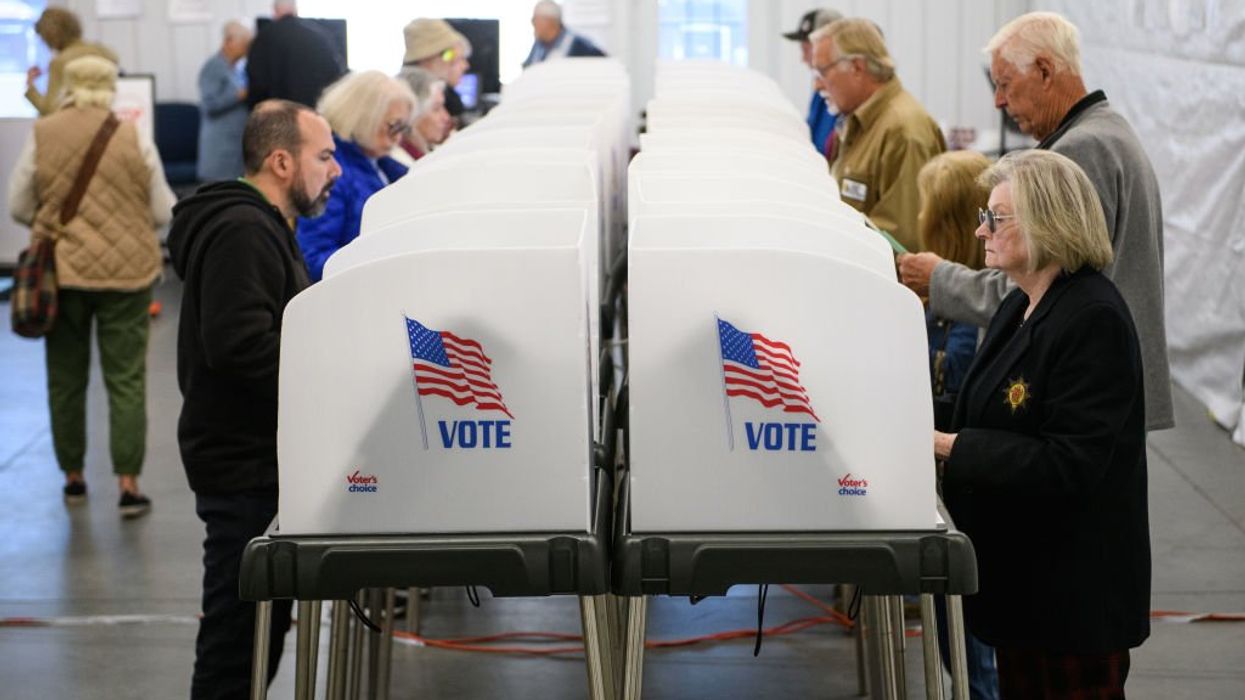Dear Esteemed Leaders:
I write to you as Glenn Beck, an American commentator who has long studied the histories of our respective nations and the principles that have shaped the modern world. Your recent remarks, exemplified by German Foreign Minister Annalena Baerbock’s warning to the United States regarding its alleged failure to support liberal democracies, compel me to respond—not out of antagonism, but out of a shared concern for the democratic ideals we once jointly championed. I respectfully submit that Europe, rather than exemplifying liberal democracy, is drifting toward a system that bears troubling parallels to the authoritarian regimes it once overcame. Allow me to outline this case with clarity and evidence, in the hope of fostering mutual understanding.
Liberal democracy, as articulated by thinkers like John Locke and fortified through centuries of struggle, rests on the sovereignty of the people, expressed through free speech, free elections, and accountable governance. Yet, across Europe, we observe a troubling erosion of these pillars. In Germany, citizens face prosecution for questioning state policies on gender or immigration—speech deemed inconvenient is silenced under the guise of protecting social order. The United Kingdom has detained individuals for silent prayer near abortion clinics, a stark infringement on both expression and conscience. Sweden imposes penalties for critiques of religion, narrowing the bounds of public discourse. These are not isolated incidents but symptoms of a broader trend: the suppression of dissent, once a hallmark of the Soviet system, not the Europe that triumphed over tyranny.
Europe is receding toward the authoritarian regimes it once overcame.
Elections, the bedrock of democratic legitimacy, have also been undermined. Ukraine’s indefinite suspension of voting, however justified by conflict, sets a precedent that weakens the democratic fabric. Romania’s recent nullification of an election result—because a sovereigntist party prevailed—suggests that outcomes displeasing to the European establishment may be discarded. In Germany, discussions to ban the Alternative für Deutschland, a party with significant public support, reflect a willingness to override the electorate’s voice. This is not the behavior of a confident democracy, but of a system fearful of its own citizens—a system reminiscent of the Eastern Bloc’s “managed” elections, not the vibrant pluralism that defined post-war Europe.
Further compounding this drift is the imposition of policies that lack a democratic mandate. The aggressive pursuit of climate goals and environmental, social, and governance frameworks often bypass public consent and are driven instead by unelected bodies and elite gatherings like the World Economic Forum in Davos. These initiatives, while framed as moral imperatives, impose sweeping economic burdens—rising energy costs, and shuttered industries—without clear electoral backing. Historically, centralized control over vast swaths of life, unchecked by the people, was a feature of the Soviet Union’s command economy, not the free societies that rebuilt Europe after 1945. The parallels are not exact, but they are unmistakable.The United States is not without fault. Our own democracy has faced its trials—overreach, elitism, and polarization among them. Yet, in November 2024, we held a fiercely contested election, and the American people chose a path of renewal, reaffirming governance by consent. This stands in contrast to Europe’s trajectory, where the will of the people is increasingly subordinated to the priorities of a technocratic class.
It is the failure of elites to listen and respond to their people that builds dictators.
History offers a sobering lens. Europe’s leaders in the 1930s failed to recognize Adolf Hitler’s rise, not because they lacked elections, but because they tolerated the erosion of liberty under the pretext of stability. Force, fear, and expansive state control supplanted democratic norms then, as they risk doing now under different banners. The United States played a pivotal role in dismantling that fascism and, through the Marshall Plan, rebuilding your nations—not to enable new autocracies, but to secure liberty’s foothold. It is with that legacy in mind that I urge reflection: are you honoring the principles we fought for together?
J.D. Vance’s remarks at the recent Munich Security Conference underscore this divide. He called for unfettered freedom of speech, the uninterrupted conduct of elections, and an end to U.S. funding of Europe’s state-aligned media—positions grounded in first principles of self-governance. He questioned NATO’s relevance in a post-Soviet world and America’s disproportionate burden within it. These are not provocations, but rational appeals to adapt to new realities. That they elicited dismay from European leaders suggests a growing philosophical rift—not over petty differences, but over the essence of democracy itself.
I speak here as an individual, not on behalf of any institution, but as someone who listens to and speaks with millions of Americans every day through my program. While some in our own country fail to recognize the message “We the People” sent to our capitals in 2024, it is imperative that leaders across the West do not continue to mistake a movement that simply demands a return to long-established norms of law, order, and the Bill of Rights as "Hitlerian." It is the failure of elites to listen and respond to their people that builds dictators. There are nascent authoritarians—“baby Hitlers”—among all of us, waiting in the wings. But by ignoring the will of the people, you water those seeds and, perhaps unknowingly, allow their scope and power to grow.
I harbor deep respect for the peoples of Europe and the United Kingdom, with whom Americans share an enduring bond. Our intent is not to abandon you, but to refocus on our own renewal—a task long overdue. We are stepping back from the role of global enforcer, not out of indifference, but from a belief that each nation must secure its own destiny. NATO, designed to counter a now-defunct threat, requires reevaluation; its costs, borne heavily by the U.S., must align with current needs, not past promises. We will no longer subsidize systems that stifle the very freedoms we once defended together.I implore you not to misconstrue this as a threat but as a call to mutual accountability. The greatness of our civilizations—yours and ours—stems from the people, not their rulers. It was the courage of ordinary citizens that felled fascism and communism, and it is their voices that must guide us still. I harbor hope that we can realign with those founding truths, restoring a partnership rooted in liberty, not lecturing.
With respect and in earnest dialogue,




